Tempo Bioscience Projects & Assays
Stay on Track with Your Partner
Focus on Managing Your Projects. Leave the Details to Tempo.
Our science team is an experienced group of PhD-level scientists within Tempo Bioscience. We understand that you need assay data quickly and cost-effectively for your projects to move forward to the next step. Please reach out to us regarding our frequently requested assays (listed below).
Custom Assay Designs
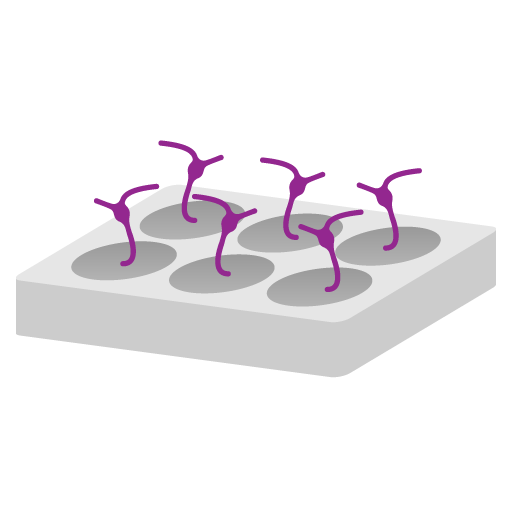
Neurite Outgrowth Assays
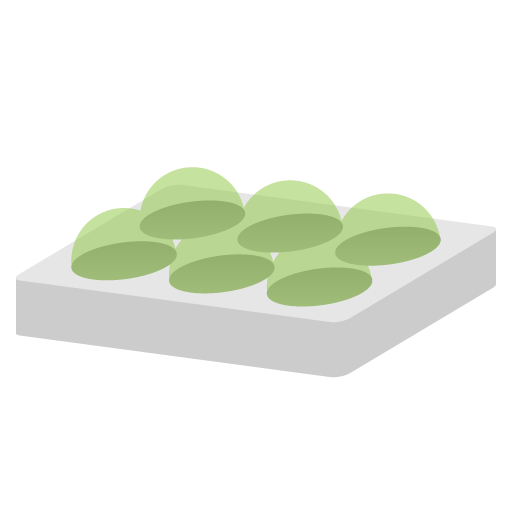
3D spheroid-organoid Assays
3D cell cultures capture physiologically relevant phenotypes that are critical for the drug development process. 3D spheroids-organoids can be composed of a single cell type or multiple cell types. We have built 3D brain spheriods-organoids and 3D liver spheroid-organoids to model a variety of diseases
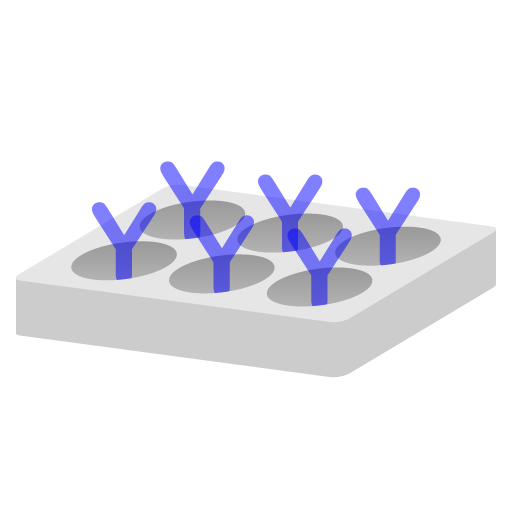
Immuno qPCR Assays
Combining qPCR and ELISA, we have developed “Immuno qPCR” approaches that quantitatively measure “miniature” samples and biomarkers

LIVE-cell ATP Assays
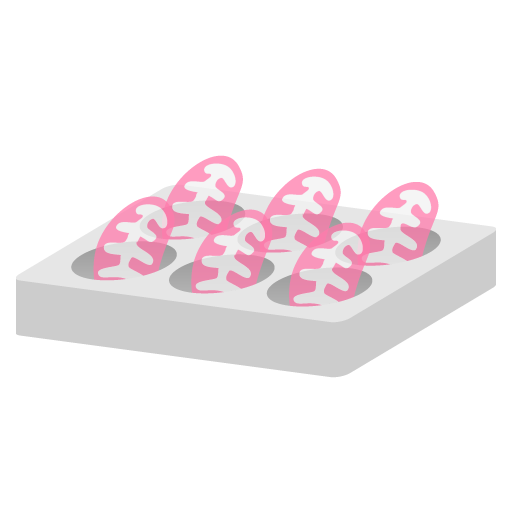
LIVE-cell Mitochondrial toxicity Assays
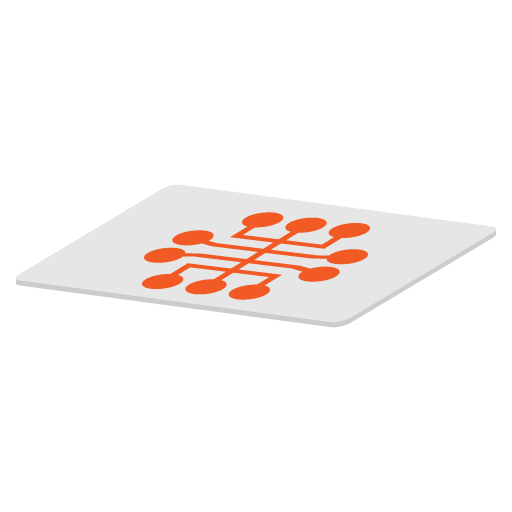
Microfluidic Chips Assays
A variety of microfluidic chips can be utilized for 2D or 3D spheroid-organoid assays. Each assay can be customized to project’s specific requirements. We work with a variety of collaborators to provide the most appropriate chip device for an assay project.
Custom Engineered Models
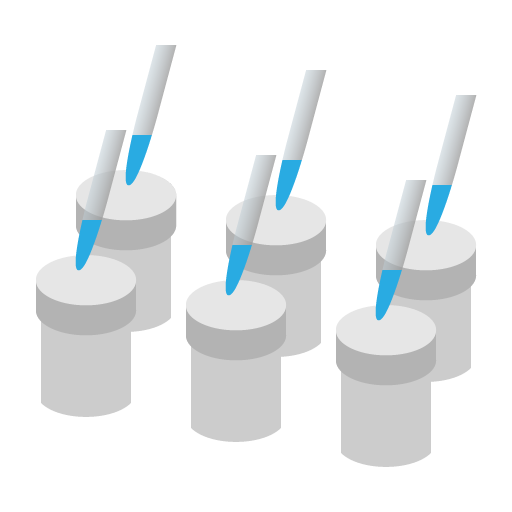
iPSC Derived Disease models
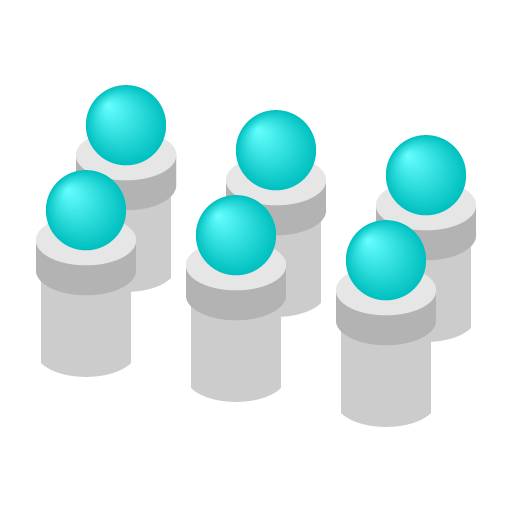
3D Spheroid/Organoid Models
Please contact Tempo Bioscience Support Team to receive a PDF copy of:
- Biosensors-based stem cell models for drug discovery focusing on rare seizure disorders Cell Symposia 2016
- Biosensors for Research & Drug Discovery SLAS2015
- iPSC models to improve efficiency of drug discovery and development IPI (Summer 2018 Volume 10 Issue 2)
- Human iPSC based Cell models for drug discovery and preclinical development CHI’s World Preclinical Congress Europe 2018
- Human iPSC based cell models improve efficiency of drug discovery and development Pharma R&D Week 2021
